Sony launches the WF-1000XM6 in South Africa with upgraded noise cancelling, better call clarity and premium sound. Pricing starts at R7,999.
Tires and tariffs
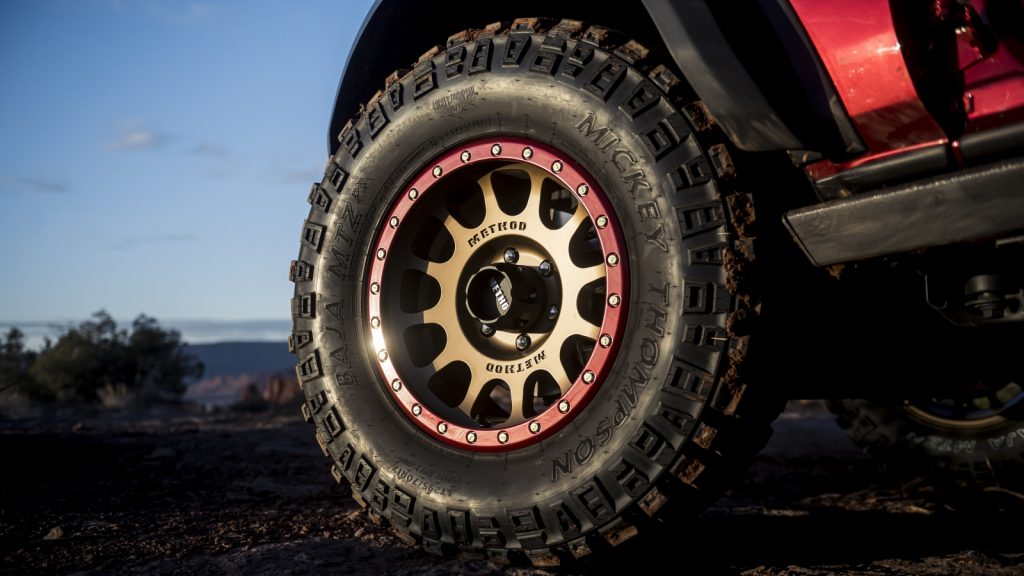
Tires aren’t semiconductors, but they’re a vital automotive safety component. Your vehicle can run with a slight semiconductor failure and reduced features, but it can’t run with failed tires.
There are many unintended consequences of the Trump administration’s decision to increase tariffs on automotive imports. From complete vehicles to the tiniest components, the integrated global supply chain, known only to industry insiders, will now become a repricing reality for all American car owners.
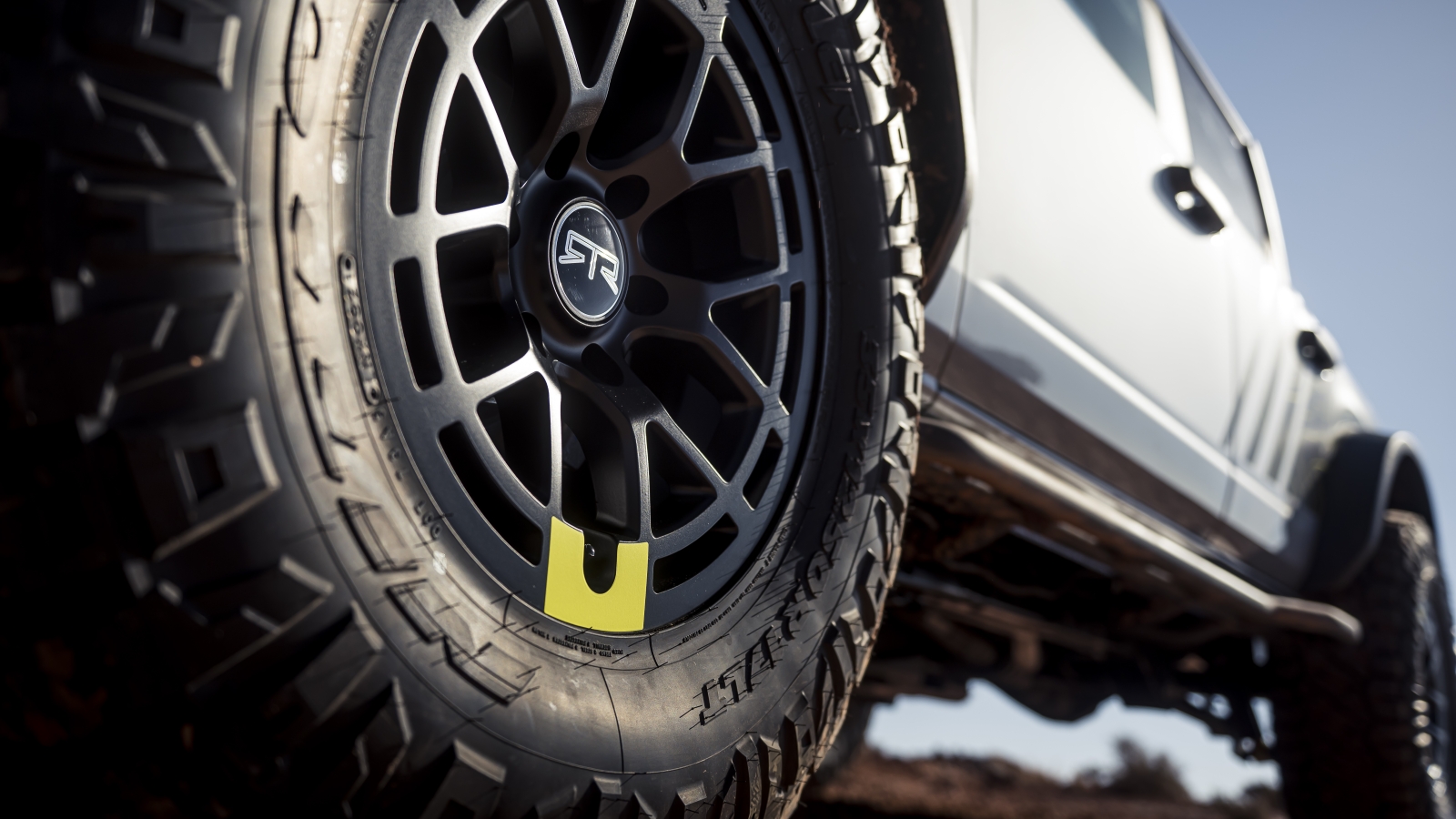
Forget chips – think tires
Much of the modelling and risk analysis around automotive supply chains during the last few years has been focused on sophisticated electronics componentry.
The chip crisis and increasingly digital nature of safety systems and in-car architectures made semiconductor sourcing and inflation a crucial concern. From the ‘dumb’ chips that move your powered seats to the semiconductors that create advanced safety systems and enable complete Smartphone synchronization with your in-car infotainment experience.
But tires are an issue, too. A lot of driving confidence and dynamic safety systems’ ultimate functionality depends on tires.
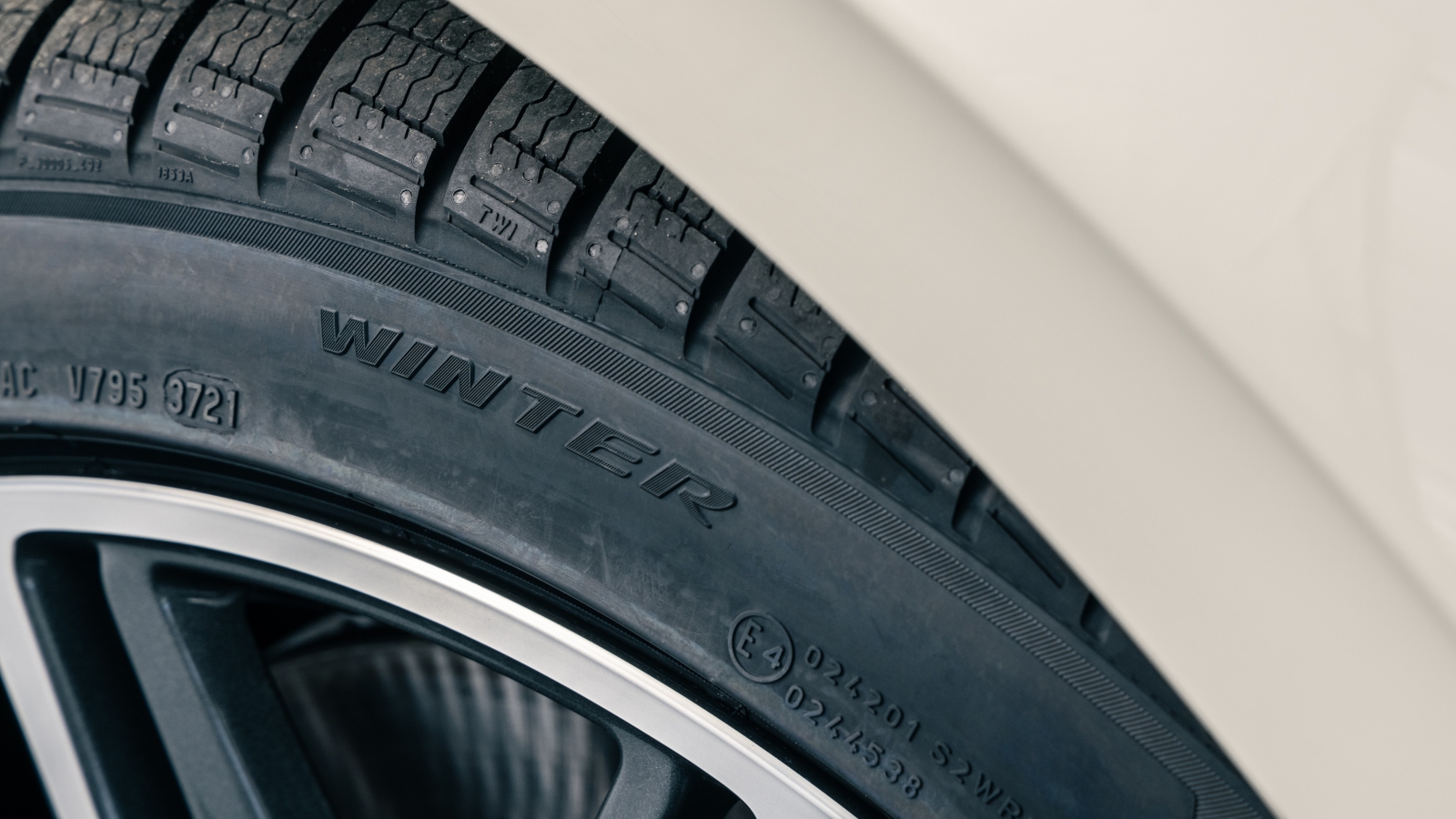
A crucial safety system
Large OEMs work with tire companies to create treads, sizes, and compounds specific to their models, with engineers testing braking and stability systems to optimize the probability of avoiding a collision when a vehicle is rolling OEM-specification tires.
America imports a lot of tires. About four times more than it produces for export. Whether you drive a sedan, crossover, pickup truck or SUV, it needs four tires and a spare. And most of the world’s tire production happens in Asia.
Countries like China, Korea, Indonesia, Vietnam, Japan and Thailand have become important import sources for the many tires American vehicles need each year. Both on OEM new builds and aftermarket replacement tires.
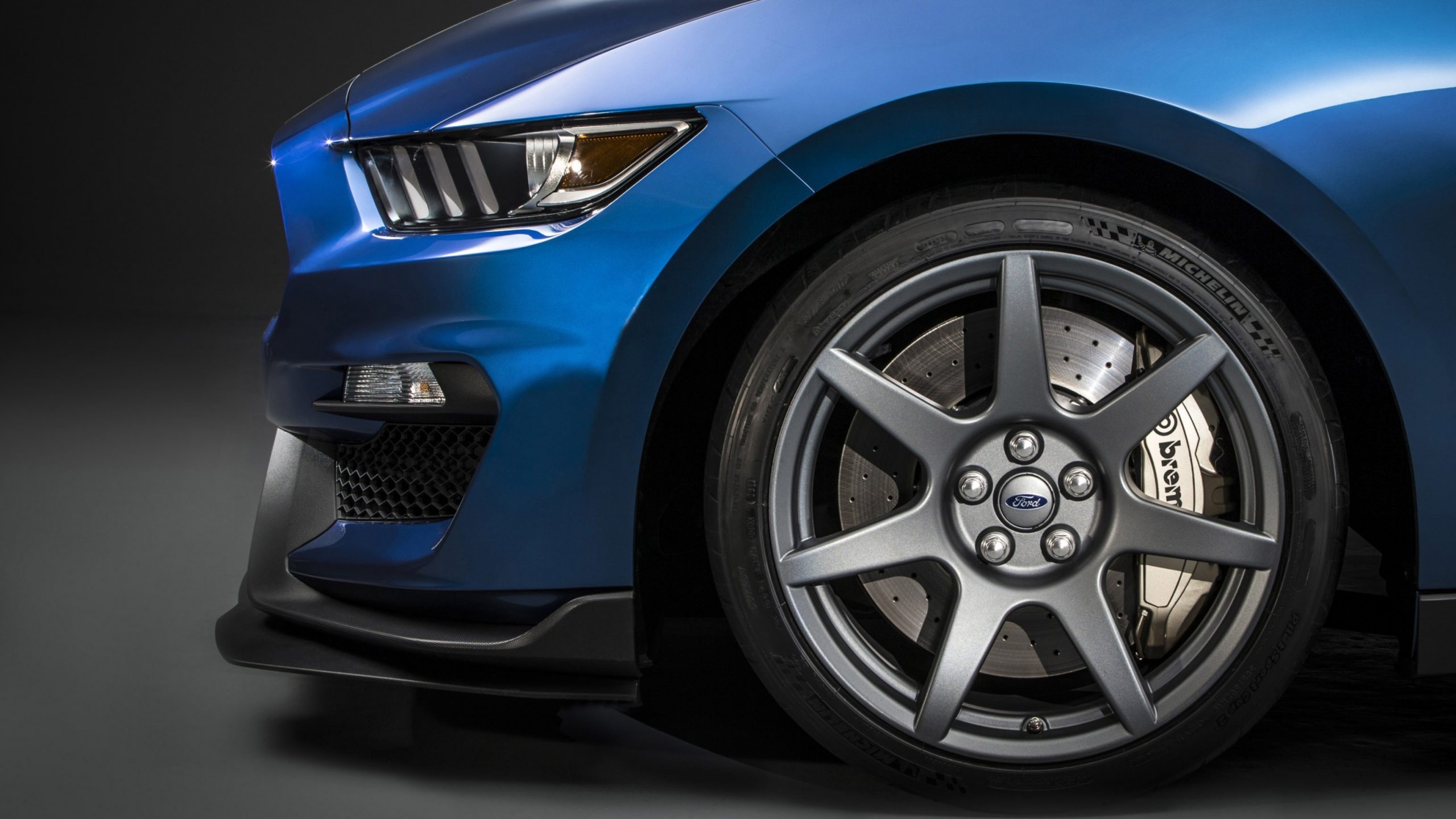
Premium American options
Some of the best high-performance tires, like Michelin’s Pilot Sport range, are manufactured in American factories, like the Michelin facility in Greenville, South Carolina.
For pickup truck owners who value all-terrain driving ability, BFGoodrich is always a popular choice and with its American sourcing, it should be tariff-insulated.
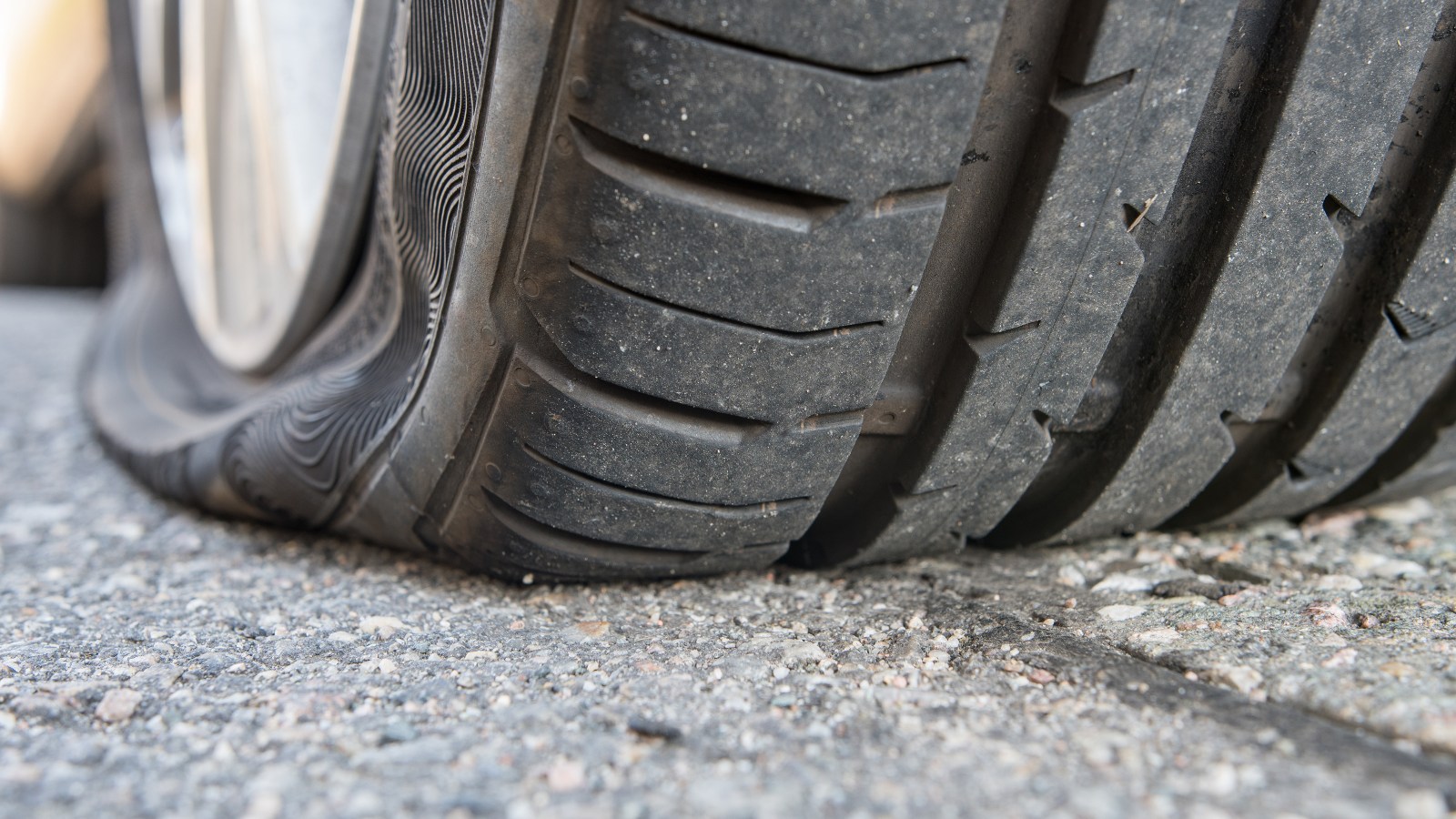
A lot of aftermarket imports
Many companies import versions of their products from Asian sources for the American market. Especially value tires, for aftermarket fitment to compact and mid-sized sedans, crossovers and SUVs as routine road-worthy requirements.
The American tire market is worth more than 300m units a year. Three-quarters of that is aftermarket business instead of new build OEM procured tire inventory. Many casings can be created in one global facility and moulded into a finished treaded tire, in another. Further complicating the issue of source attribution and tariff calculation.
The cost of those aftermarket tires you fit every 20,000 miles, if imported and triggering the mandatory 25% auto component tariff introduction, could become another unavoidable feature of automotive ownership inflation.
For fleet owners, where maximum load ratings are used and mileages are high, tire costs is a real issue because replacement is frequent. And that 25% baseline auto import tariff on tires, could create real logistics inflation. For every fleet from short-haul courier vans to class 8 interstate trucks.


